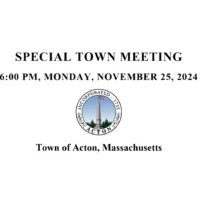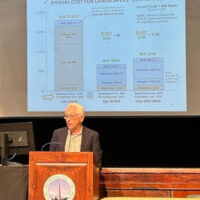The League of Women Voters-Acton Area held a webinar entitled, “The State of Town Meeting and Weighing Alternatives for Local Governance” on Wednesday, Feb. 19, 2025. Four panelists spoke about what works with Open Town Meeting as well as what we can learn from other types of local governance, such as Representative Town Meeting and a Town Council. Attendees also learned about what’s on the horizon for Open Town Meeting, how the legislative function of the town works in each form of government, ways we might overcome barriers to participation, and how the community can participate in their town government under various types of governance.
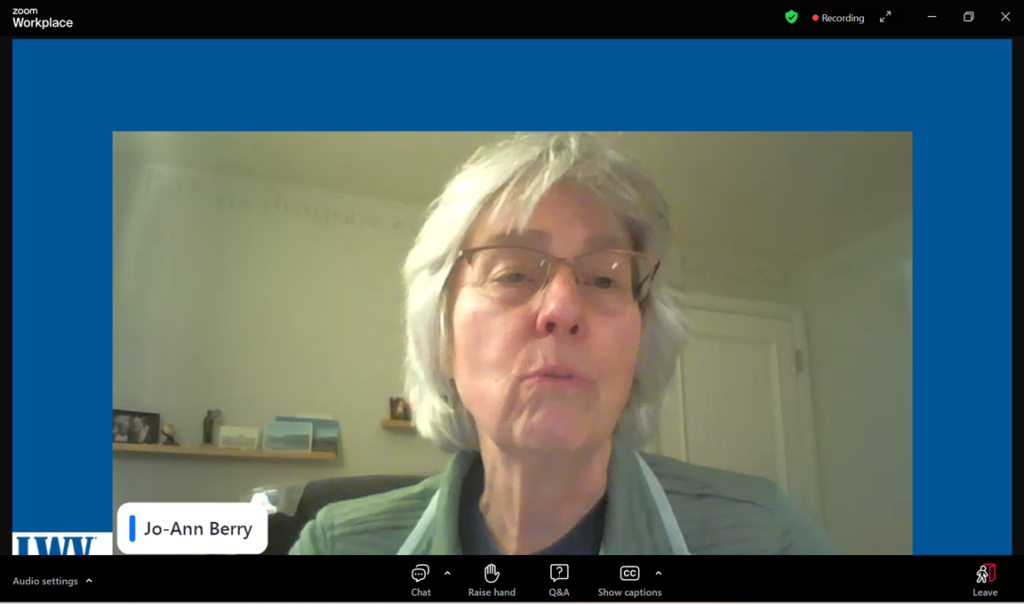
The League of Women Voters-Acton Area has just completed a year-long study of the effectiveness and accessibility of Open Town Meeting, the form of local government used by nearly 75% of Massachusetts municipalities. The report focuses on the six towns represented by the League: Acton, Boxborough, Hudson, Littleton, Maynard, and Stow. Driven by concerns about low attendance and the exclusion of those unable to participate in person, the study explored the benefits and challenges of Town Meeting and other forms of town government.
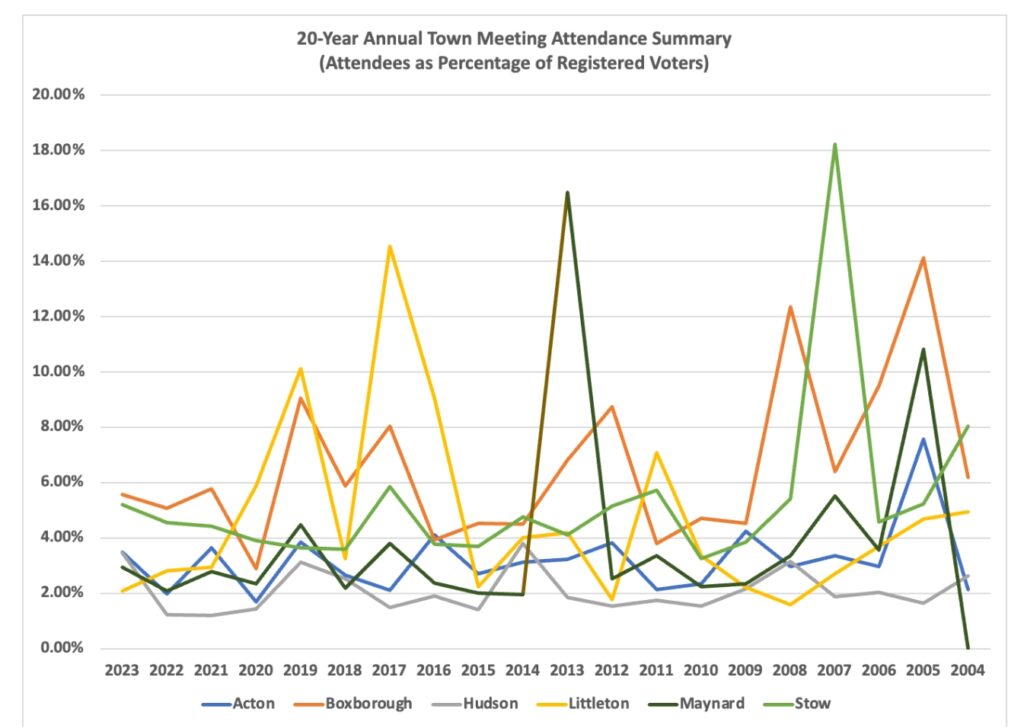
The study found that Open Town Meeting attendance is persistently low, averaging 2-6% of registered voters over the past 20 years, even with efforts to improve the format. However, attendance significantly increases when warrant articles address issues of deep importance to voters, such as budget overrides or major building projects.
While innovations have improved accessibility and efficiency, they haven’t substantially increased overall attendance. The report also highlights the ongoing discussion surrounding remote participation options, with legislation and home rule petitions exploring possibilities for hybrid meetings. Massachusetts communities have flexibility in local governance structures, and some New England states offer Australian ballot voting on matters typically handled at Town Meeting. “Australian voting,” according to the League report, is a system of voting in which voters mark their choices in privacy on secret ballots uniformly printed and distributed by a governmental authority. The League aims to initiate community conversations about these options.
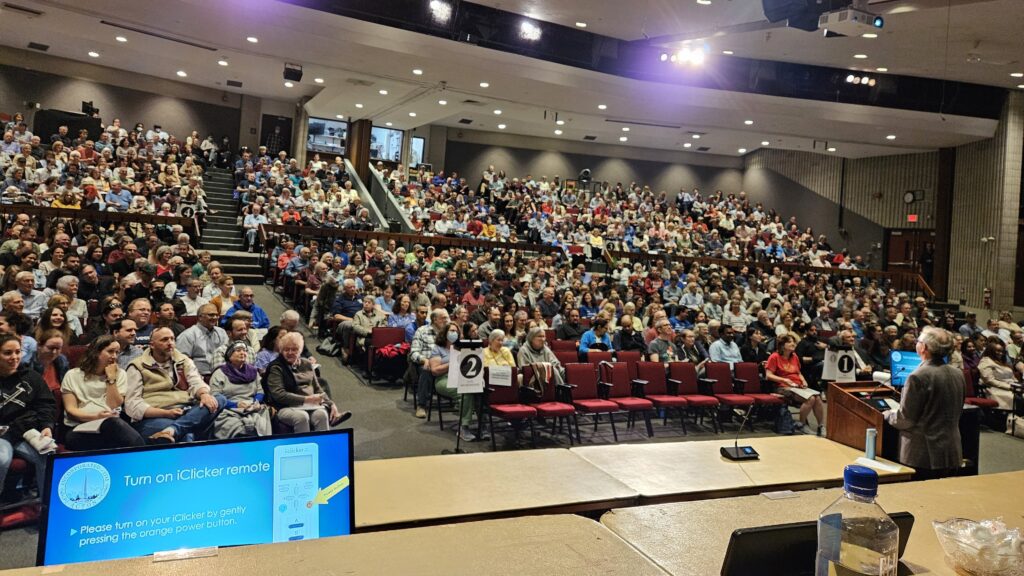
The report details the League’s research efforts, including compiling historical attendance data, examining efficiency tools like electronic voting, discussing best practices with Town Meeting moderators, investigating alternative governance models such as Representative Town Meeting, and considering remote participation options. The League emphasizes the importance of Open Town Meeting as a form of deliberative democracy but acknowledges the need for self-evaluation.
Data collected over 20 years shows low median attendance at Annual Town Meetings, ranging from 1.87% to 5.82% of registered voters across the six towns. While improvements in accessibility and efficiency have been implemented, they haven’t significantly increased attendance. The report notes that specific issues, like budget overrides, draw larger crowds.
The report explores the future of Open Town Meeting, focusing on the potential of hybrid models with remote voting. While currently prohibited by Massachusetts law, the report discusses hybrid systems, such as the one proposed by the town of Wayland that would allow for remote participation while maintaining a physical meeting. The report details the pros and cons of such a system, acknowledging the potential to increase accessibility while also considering the possible negative impact on in-person engagement and community connection. It also offers recommendations to improve Open Town Meeting, concentrating on accessibility, education, and efficiency.
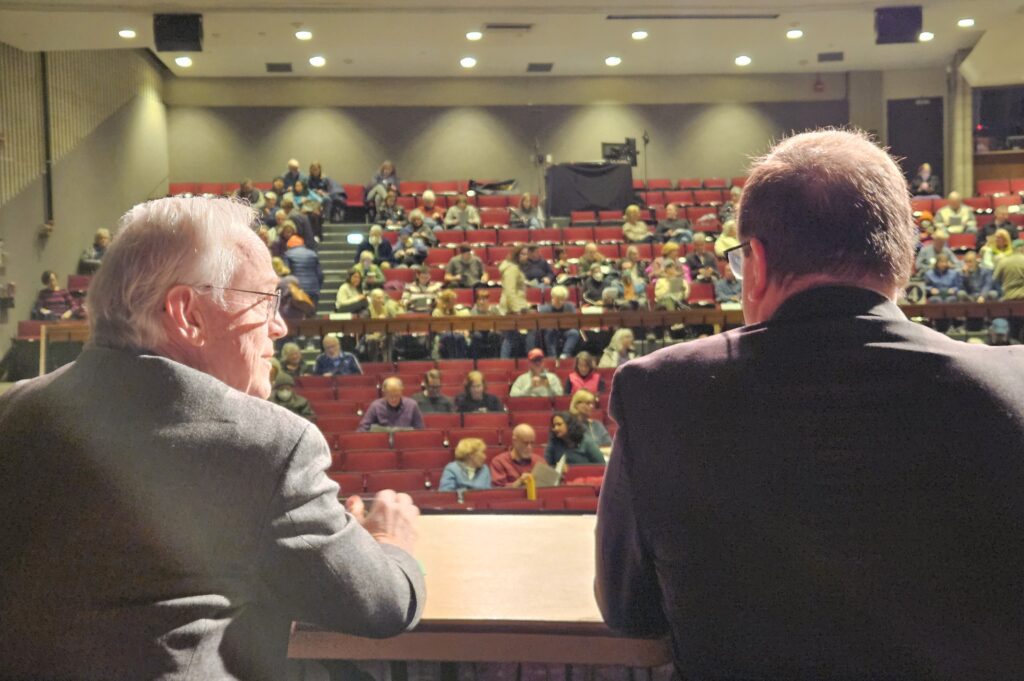
Suggestions include providing transportation and childcare, offering family and mobility sections, live captioning, remote question submission, schedule adjustments, off-site meeting locations, and hybrid meeting models. The report also emphasizes the importance of voter education through videos, public warrant reviews, and clear warrant articles. Efficiency improvements like time restrictions, consent agendas, waived article readings, standing votes, and electronic voting are also recommended.
Finally, the report examines alternatives to Open Town Meeting, including Representative Town Meeting, Town Council, and Australian Ballot voting. Representative Town Meeting involves elected representatives voting on behalf of their precincts. The Town Council, used by larger municipalities, consists of elected councilors who function as the legislative body. The Australian ballot allows voters to vote at polling places on town matters.
The report details the pros and cons of each alternative, noting that changing governance structures requires a formal process. It highlights the trend of towns moving towards city forms of government for increased efficiency and accountability. The report concludes that each community needs to consider these options to revitalize their local government and make it more vibrant.
Click here to read, “A Report on Town Meeting: What Can We Do to Make Town Meeting More Effective and Accessible?” or visit the League of Women Voters-Acton Area website at https://www.lwv-actonarea.org/ for more information.
Greg Jarboe writes on many topics for the Acton Exchange and he is the Senior Center beat reporter. In Town governance, he is a member of the Acton Finance Committee and Economic Development Committee.

